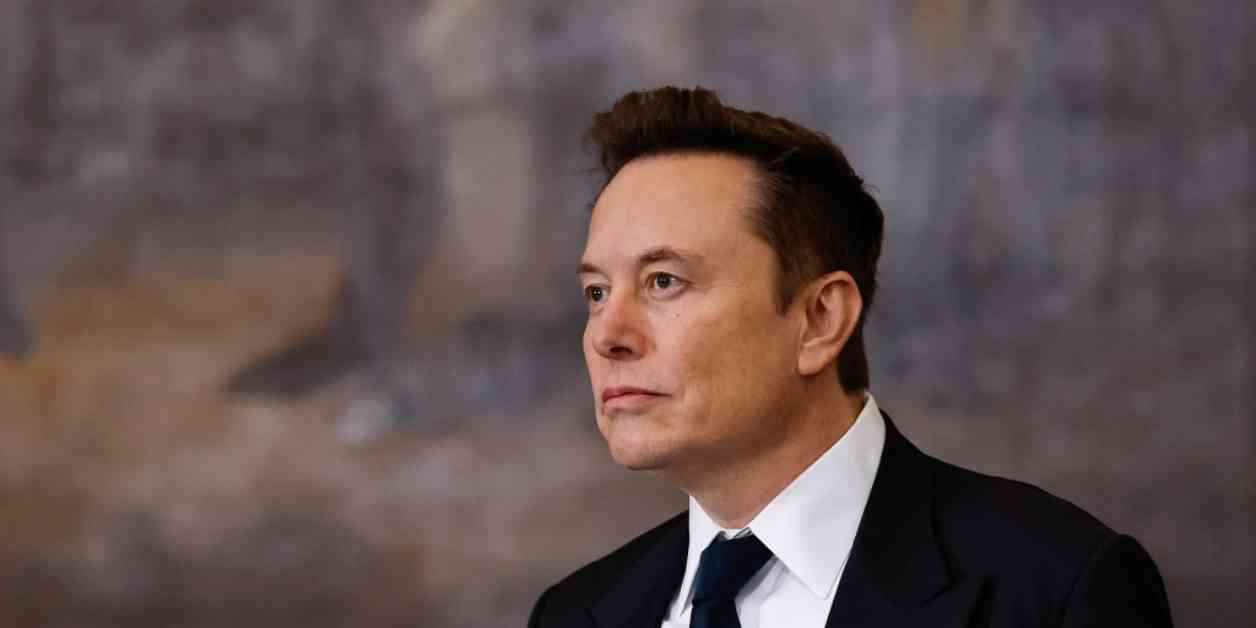A federal judge has denied an attempt by 14 states to block Elon Musk and his advisory Department of Government Efficiency (DOGE) from accessing data systems or making personnel decisions at seven federal agencies. U.S. District Judge Tanya Chutkan emphasized that the “possibility” of harm from DOGE’s actions is not sufficient to warrant immediate intervention. Despite acknowledging the uncertainty and confusion caused by DOGE’s unpredictable actions, the judge emphasized that the states failed to establish any imminent harm.
Concerns about DOGE’s Authority
During a hearing, Judge Chutkan expressed reservations about DOGE’s powers and authority, highlighting the unease surrounding the unchecked authority of an unelected individual. She underscored that Elon Musk, who heads DOGE, has not been nominated by the President or confirmed by the U.S. Senate, as required for individuals exercising significant authority under U.S. laws. The absence of a clear legal basis for DOGE’s actions raised questions about the legitimacy of its authority, according to Chutkan.
While the judge acknowledged the states’ merits argument against DOGE, she concluded that it was insufficient to justify a temporary restraining order at that stage. Instead, she directed both parties to engage in discussions to determine the next steps in the legal proceedings. The ruling, although denying the immediate block sought by the states, leaves the door open for further deliberation on DOGE’s actions and authority.
Expert Insights and Political Reactions
Legal experts and political analysts have weighed in on the implications of Judge Chutkan’s decision, highlighting the complex interplay between executive authority, legal oversight, and constitutional mandates. The lawsuit, spearheaded by a coalition of Democratic attorneys general, reflects broader concerns about the concentration of power in non-elected entities like DOGE.
NBC News reporters Daniel Barnes and Dareh Gregorian have closely followed the developments surrounding the legal battle over DOGE’s authority. Barnes, reporting from Washington, provides insights into the legal intricacies and political ramifications of the case, shedding light on the implications for federal agencies and state governments. Gregorian, a seasoned politics reporter, delves into the broader implications of the ruling, examining the delicate balance of power between elected officials and appointed individuals like Elon Musk.
As the legal saga unfolds, the White House’s response to Judge Chutkan’s ruling remains awaited. The ongoing debate over DOGE’s authority underscores the complexities of governance in an era marked by rapid technological advancements and evolving regulatory frameworks. The intersection of executive power, legal oversight, and constitutional principles continues to be a subject of intense scrutiny and debate in the legal and political spheres.
In conclusion, Judge Tanya Chutkan’s decision to deny the states’ bid to block DOGE’s authority represents a pivotal moment in the ongoing legal battle over the scope of executive power and constitutional checks and balances. The nuanced arguments presented by both sides underscore the broader questions surrounding the limits of authority in a rapidly changing political landscape. As the legal proceedings unfold, the implications of this ruling are likely to reverberate across federal agencies, state governments, and the broader political landscape.


